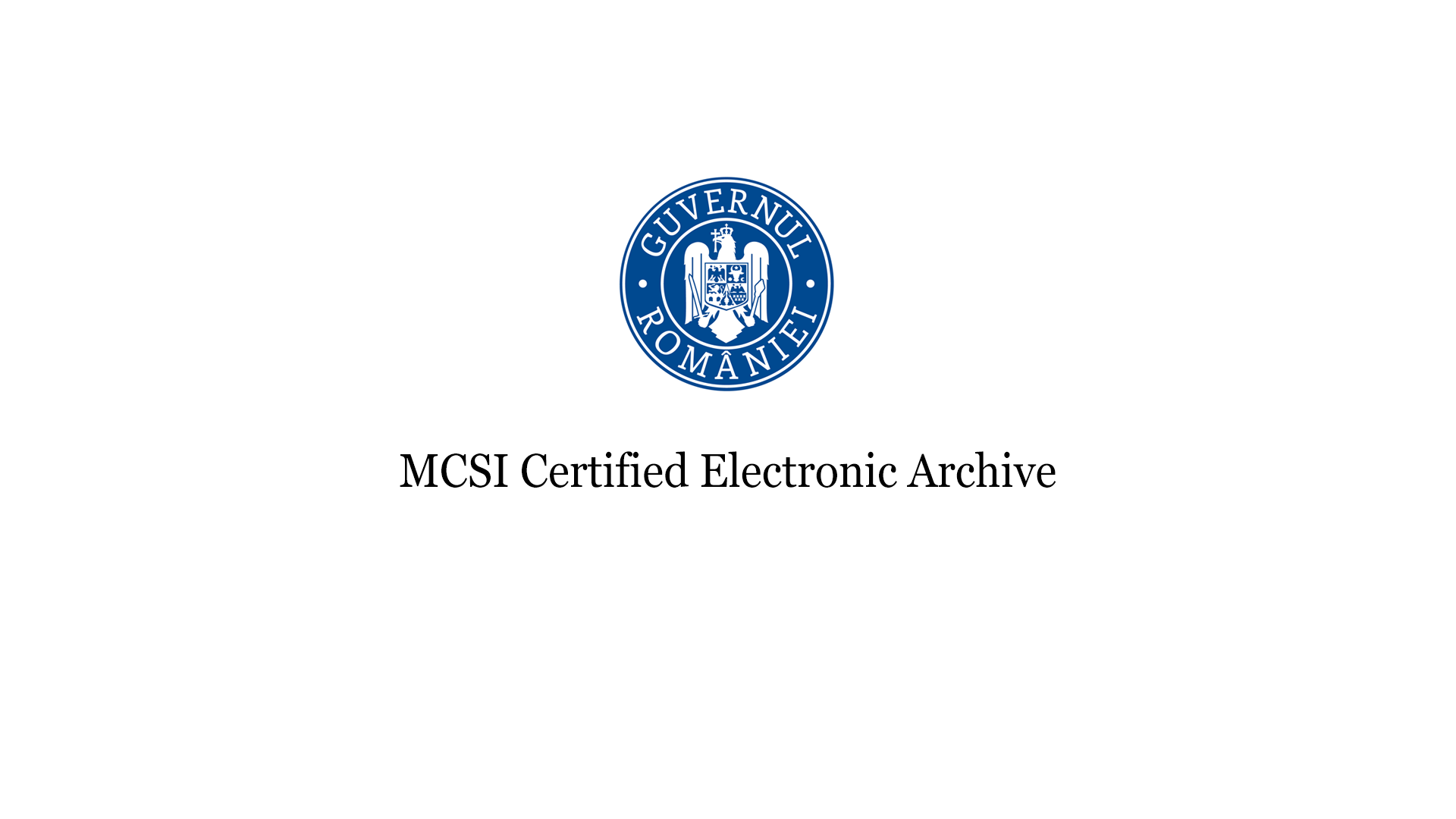The Long Term Preservation service archives long-term digital documents together with their signatures, guaranteeing the validation of signatures for up to 100 years, according to the European Regulation 910/2014 eIDAS. Thus, the legal value of the documents is preserved for the entire archiving period.
The documents kept in LTP comply with the requirements of Law 135/2007 on electronic archiving and MCSI Order 493/2009.

The Long Term Preservation solution securely archives electronic signatures, documents and metadata.
The documents in the archive can be kept in standard form, encrypted with the decryption keys kept by the client or a separate dedicated instance for each client.
With just one endpoint all documents can be stored easily and quickly. The Trans Sped API can only be called using a VPN with an encrypted connection and the endpoint is secured with a strict SSL certificate to prevent data changes in transit.
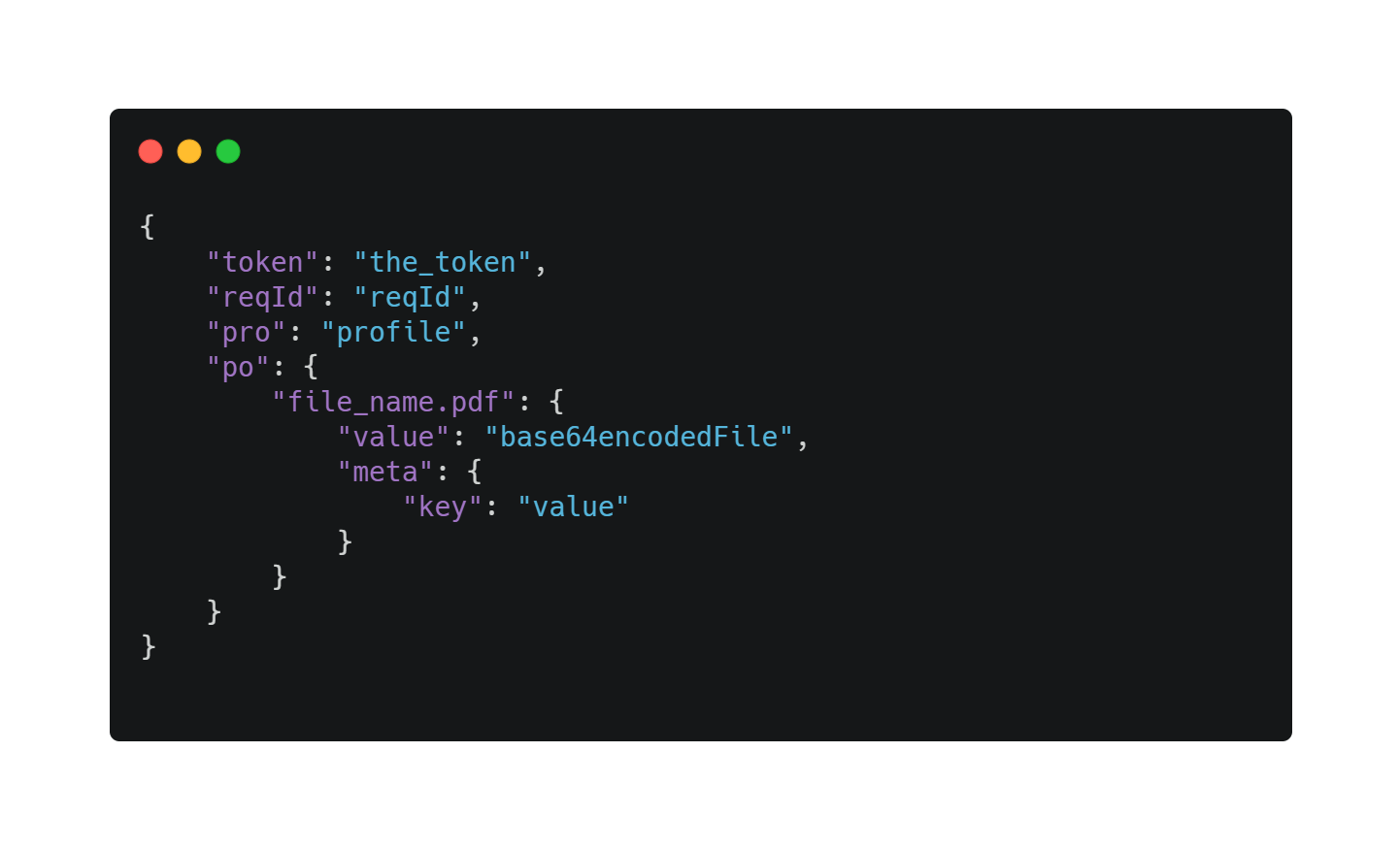
The signatures of the documents stored in the LTP are automatically saved together with the evidence of their validation, being kept in a cryptographic safe and used as proof to prove the validity and legal value of the document.
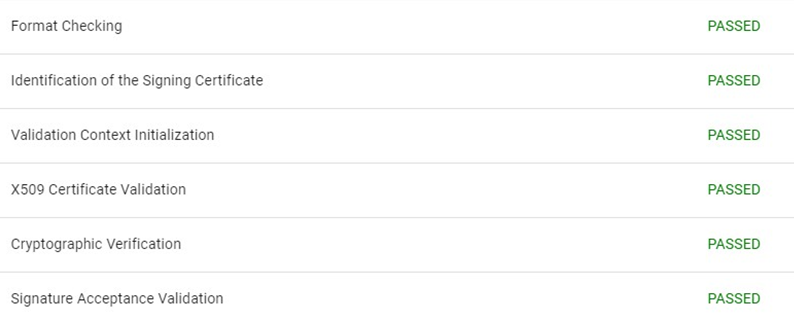
To increase data confidentiality, you can choose to keep documents in the electronic archive in an encrypted form using a public-private key pair for encrypting documents. This way, only you will be able to decrypt the documents using the keys stored in your HSM.
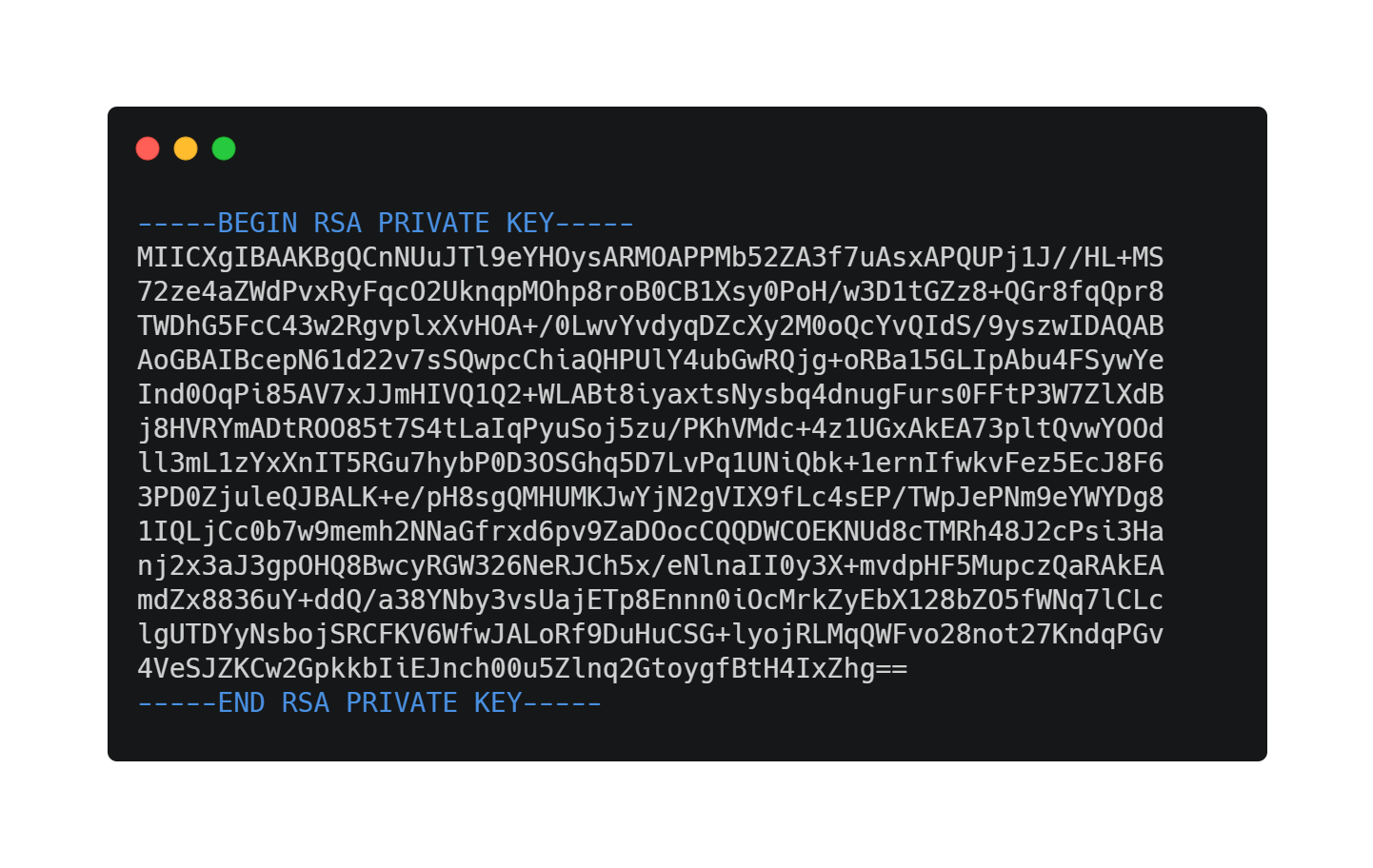
The access for searching and retrieving the documents from the electronic archive can be achieved through granulated access rights.
Each index is protected from unauthorized access. Only designated users have access to documents stored in the archive. Granular rights can be adjusted to customer specifications.
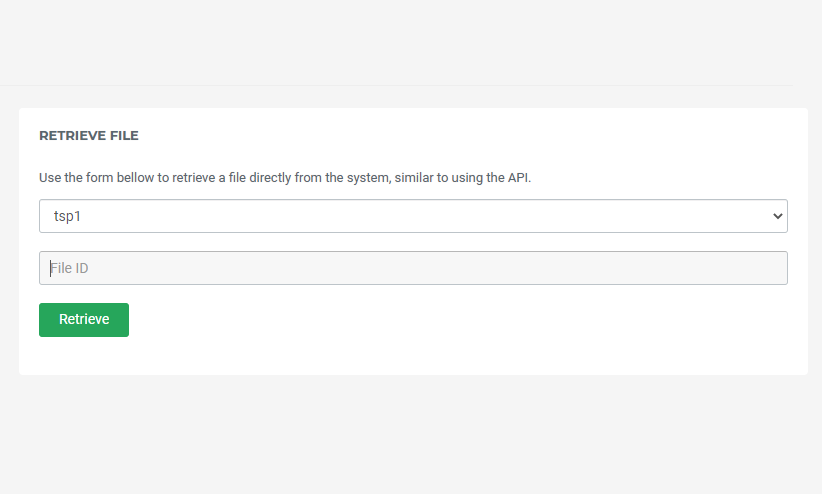
The Long Term Preservation service allows advanced reporting and you can follow the entire storage process directly from the dashboard.

The LTP solution is certified according to European Regulation 910/2014 (eIDAS).
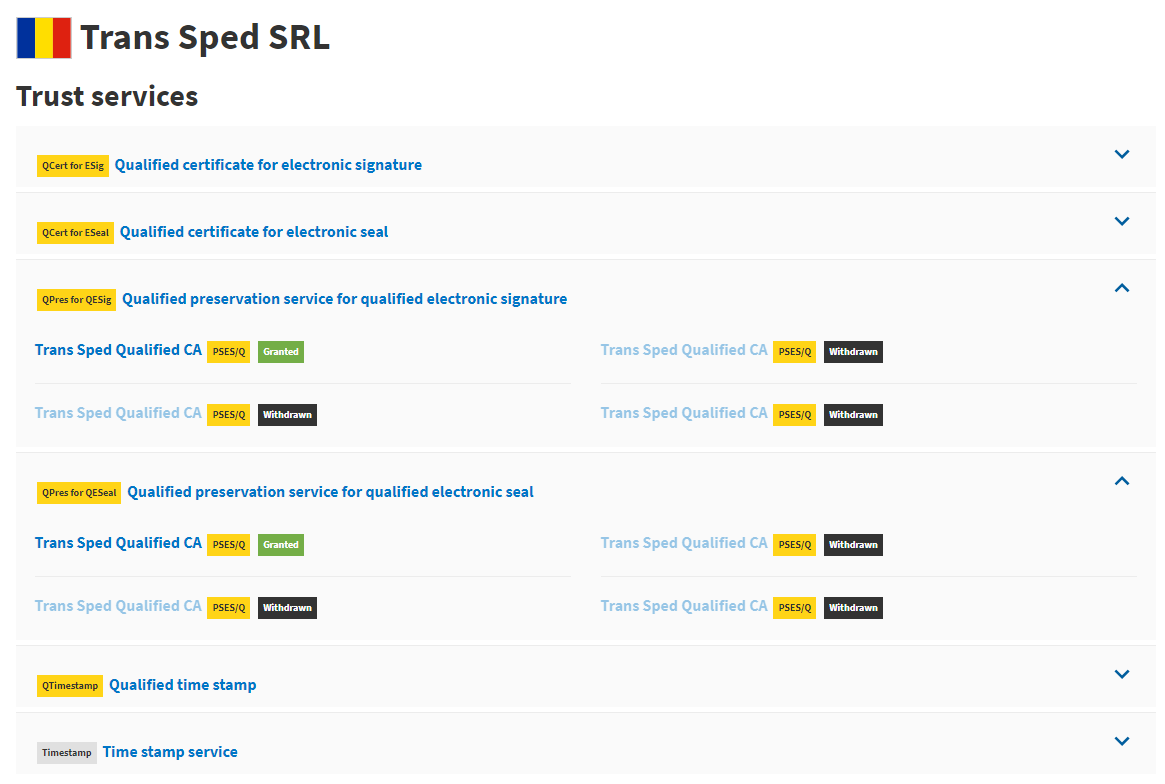
Do you want to use the LTP as an electronic archive? The stored documents comply with the requirements of Law 135/2007 on electronic archiving and MCSI Order 493/2009.
